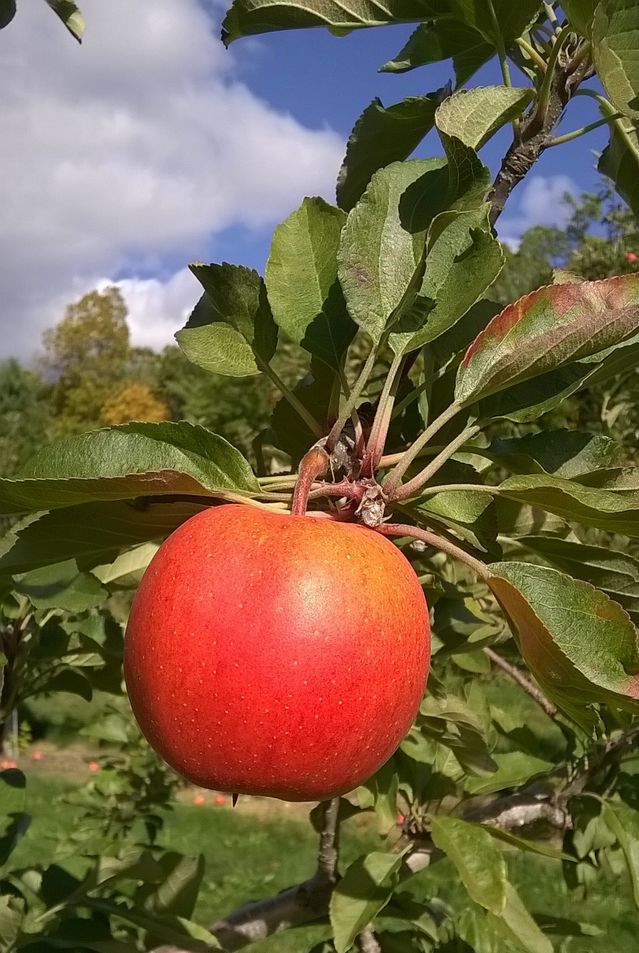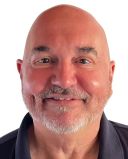Resilience
Redefining 'Old' For Ourselves
The open secret is that most of us already do.
Posted November 2, 2017
There’s a stereotype of gay men that is as pernicious as it is untrue for most of us. It’s often referred to as the “Peter Pan Syndrome,” the false belief that we’re all irresponsible “manolescents,” stuck somewhere between puerile and pathetic.
It is true that gay men face different challenges as we age, particularly in a sub-community that celebrates youth and beauty. But the fact is that we also have exceptional inner resources to draw from in facing our own aging—if we claim them for ourselves.
In a 2015 study, UCLA researcher Richard Wight found that some midlife and older gay men experience what he and his colleagues termed “internalized gay ageism,” which they define as “feeling denigrated or depreciated as they grow older within the context of a gay male culture in which youth and physical attractiveness are disproportionately valued.” It’s important to point out that most of the men in the study did not feel this way, but those who did were more likely to report symptoms of depression.
The good news is Wight has also found that for gay men who experience internalized gay ageism, a sense of mattering makes a tremendous difference.
Wight described mattering as “the degree to which people feel they are an important part of the world around them.” His research also suggests that having a sense of control over one’s life can mitigate the damage done by allowing others’ stigmatizing attitudes to matter. He’s also found that legal marriage may protect partners against poor mental health.

Another weapon we can draw from our arsenal of internalized gay ageism-slayers is, interestingly enough, coming out—the experience of having worked through the issues we may have had in affirming our sexuality as a permanent and positive aspect of ourselves. Research suggests that by addressing and defanging homophobia and HIV-related stigma, we develop resilience that can protect us against the stigma attached to aging—and define aging and “old” on our own terms.
Brian de Vries, professor of gerontology at San Francisco State University and a fellow of the American Gerontological Society of America, writes in The Lives of LGBT Older Adults: Understanding Challenges and Resilience: “The psychological weight of lives at the margins exact a toll on mental health, in turn jeopardizing physical well-being in an oscillating fashion.”
But a concept referred to as “positive marginality” suggests that marginalized individuals, including gay men, “can find meaning in their experiences of stigma; these meanings promote a sense of agency and resilience and may allow individuals to thrive even in non-supportive conditions and circumstances. Positive marginality supports the reframing of one’s stigmatized characteristics as ultimately positive aspects of one’s identity.”
In an interview, de Vries told me, “We have been excluded, and there are huge costs of that exclusion. But as a result, we’ve had to find our own way, to find ways of interacting and being that are unlike ways that were modeled by our [heterosexual] peers and elders. We’ve created ways that fit us.”
Besides redefining what “older” might look like or mean, de Vries said gay men of all ages can choose to frame our personal stories as stories of resilience and survival. “In the stories we tell of our lives,” he said, “as gay men, as survivors, the victim's story is one of discontinuity, how we’re not what we ‘should’ be because of all these things. The victory story is one that sees the ways we can grow from them. It provides hope, direction, and allows you to learn from the experiences.”
The choice is each of ours to make. Really it’s a lifelong series of choices, as de Vries made clear in an interview for my book Stonewall Strong. True to his academic roots, he described a flow chart. It starts with recognizing one’s gayness or “otherness,” then leads on a path that has no endpoint. Each juncture along the way—including whether to come out or not, and deciding what being out means in a social or political sense—is a decision point.
“At each one, we could choose to hide or move forward,” said de Vries. “If you move forward you’re going to encounter more of these points. Then later in life, you look back at those decision points and see the hardiness of your choices.” Ideally, you want to look back and see how you chose to move forward, even at the most challenging points along the path.
For himself, fifty-nine at the time of our interview, de Vries described a common enough experience for older gay men in his own life. “Many of my friends and I will talk about how the Castro has changed as a district of the city,” he said. “It has changed really a lot, but so too have we. Part of the change is that we’re older in an environment that still covets youth and beauty.”
That much is familiar. But there’s the decision point. Said de Vries, “My personal experience is that, on the one hand, I feel sidelined within my community by virtue of being an older man, not a bodybuilder Adonis. And here is where the age kicks in: I don’t begrudge that. I may wish it were different even as I don’t wish I were younger. There is something freeing for me to be able to observe and not feel the need to play a certain role.”
Therein lies the choice: whether to play a role, to be someone else’s idea of an “older gay man”—or to be one’s own man.




